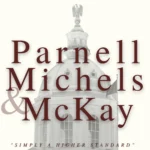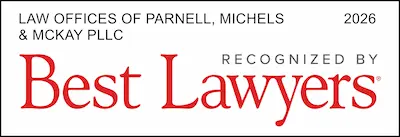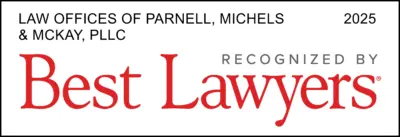What is the Difference Between a Revocable, Irrevocable and Testamentary Trust?~2 min read
A trust holds assets to be managed by a trustee for the benefit of the beneficiaries. Some common types of trust are a revocable trust (also called a living trust), irrevocable trust and testamentary trust. Before discussing the differences for these trusts and how they are used, it is helpful to understand the terminology.
The individual who creates and funds the trust is called the grantor or settlor. The trustee is the person or financial entity who manages the assets placed in the trust by the grantor. The trust usually also names a successor trustee in case the original trustee is unable or unwilling to continue to act as trustee. The beneficiaries are the individuals or entities named to receive the assets from the trust pursuant to the terms of the trust.
A revocable trust allows the grantor to serve as trustee and maintain control over the Trust property. As the name implies, the terms of the trust can be amended or even revoked while the grantor is alive and competent. The trust generally cannot be amended or revoked if the grantor is deceased or incompetent. This is a popular trust used to avoid the probate process as the Trust property passes to the beneficiaries pursuant to the trust terms without need of court oversight in the probate process.
Unlike the revocable trust, the terms of an irrevocable trust cannot, except for very limited circumstances, be amended or revoked. Also, the grantor typically cannot also act as the trustee of an irrevocable trust. Despite significant disadvantages of an irrevocable trust, it may provide tax benefits, asset protection or help a trust beneficiary qualify for certain government benefits. These factors may make an irrevocable trust attractive for some clients.
A testamentary trust is generally a trust within a Last Will and Testament. It is most often used in a Will for parents or guardians of minor children although it can be used for other purposes. The testamentary trust does not come into being until the death of the person who created the Last Will and Testament. The disadvantage of the testamentary trust is that it does not avoid probate and requires court oversight for administration of the assets for minor children after the parent or guardian’s death.
Please contact our team of experienced attorneys at Parnell, Michels & McKay, PLLC today to evaluate your estate planning needs and make a recommendation on which type of trust is appropriate in your circumstances.
Our firm blends advocacy oriented practice with effective practical solutions for all our clients in Londonderry, N. Woodstock, and throughout New Hampshire. The attorneys at Parnell, Michels & McKay provide effective representation and counseling to assist our clients facing legal questions. We simplify the process so our clients can understand and are able to participate as partners in the resolution.
Our practice includes personal injury law such as motor vehicle accidents, falls, dog bites, workers compensation, social security disability, and other injuries.
We also practice family law, including divorce, post-divorce, unwed custody and property division, and collaborative divorce, and have extensive experience in bankruptcy, probate, boundary disputes, estate planning, corporate formation and other real estate litigation.















